With the total solar eclipse set to happen on April 8, there is a lot of excitement. This year's total solar eclipse has a much larger path than it did in August 2017 and people might get to witness the coronal mass ejection, according to IFL Science. However, several warnings are being issued in light of the event. Many schools will remain shut and people have been told to stock up on food, water, fuel, medical and pet supplies so they don't have to go out during the eclipse. There has been much fear-mongering about the event, but the real reason behind the authorities issuing the warnings is quite different.
The warnings have been issued to manage the high influx of tourists anticipated during the event. This would put pressure on local transport and emergency medical services throughout North America. So, people are told to stay home and avoid using transport to avoid accidents and emergencies, as well as not overburden the services during the event. The aim is to reduce the number of vehicles on the road. “What we could have is crowds here that we’re not used to,” Dave Freeman, Lorain County EMA director, told USA Today. He added, “We’re not set up infrastructure-wise for that, we don’t have the roads.” "Pack your patience, whether traveling a great distance or locally, people will be out and about to catch a glimpse of the eclipse," Aixa Diaz, a spokesperson for the American Automobile Association, shared.
According to several media reports, some small towns have two-lane roads, as opposed to the four-lane and six-lane roads that big cities have. Hence, the huge number of people who get out to see the event could create a lot of traffic problems. The drivers have also been told to be extra careful of pedestrians on the day who might be looking towards the sky to witness the event and might not have their eyes on the road. They have also been advised not to wear eclipse glasses while driving as those compromise vision and could lead to accidents. The schools have also been told to remain shut to relieve some of the traffic congestion that would take place during the solar eclipse.
"The millions of people drawn to locations along the eclipse path taxed limited transportation facilities, and traffic congestion was intense in many locations," transportation engineering consultant Jonathan Upchurch expressed through Transportation Research News. "Across the country, Interstate highways near the path of totality experienced traffic congestion shortly after the eclipse, with longer-than-normal travel times on Interstate highways. For example, travel from Casper, Wyoming, to Denver, Colorado— normally a 4-hour trip—took 10 hours or more. Traffic congestion on rural Interstate routes lasted for up to 13 hours after the eclipse." Many might be wondering why everything went fine in 2017 and no such warnings were issued. However, as per IFL Science, in 2017, there was a problem with traffic congestion and that prompted the authorities to plan ahead of the event this time.





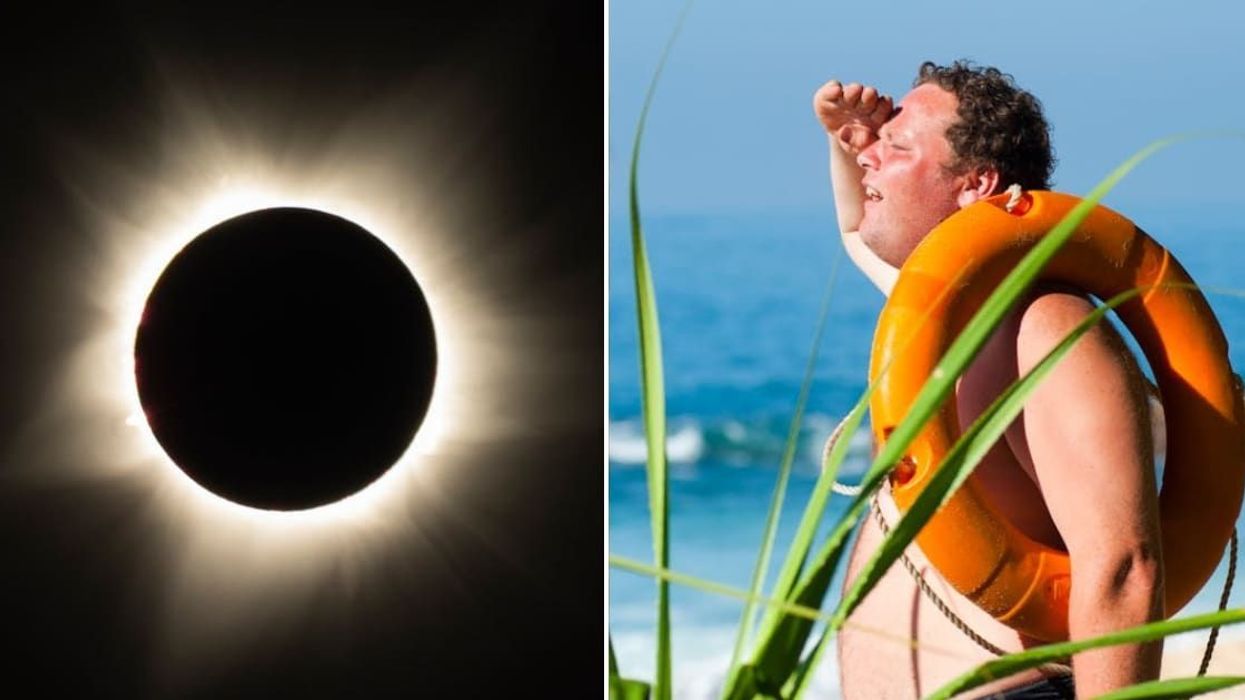












 A symbol for organ donation.Image via
A symbol for organ donation.Image via 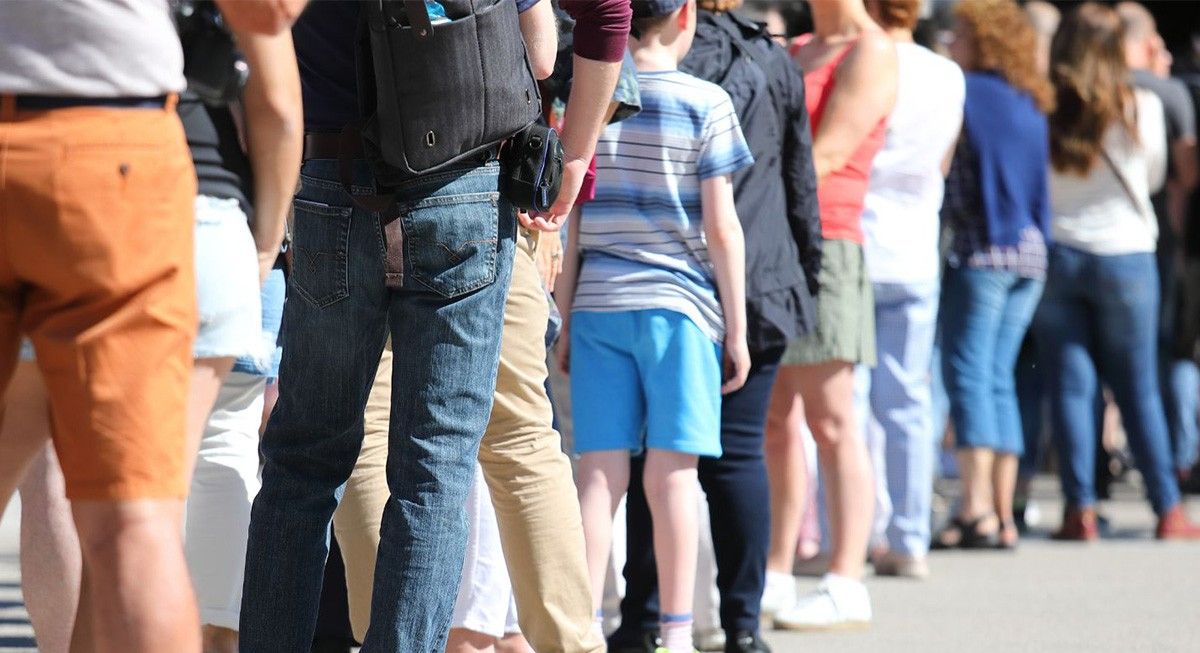 A line of people.Image via
A line of people.Image via  "You get a second chance."
"You get a second chance." 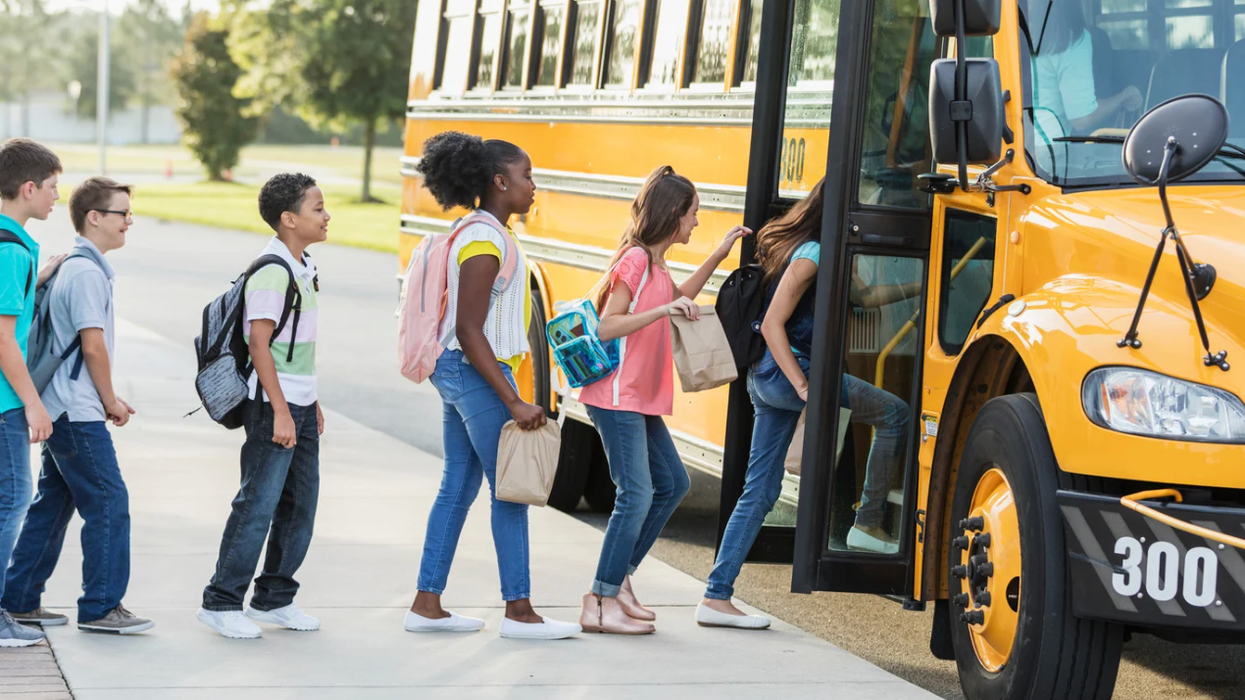
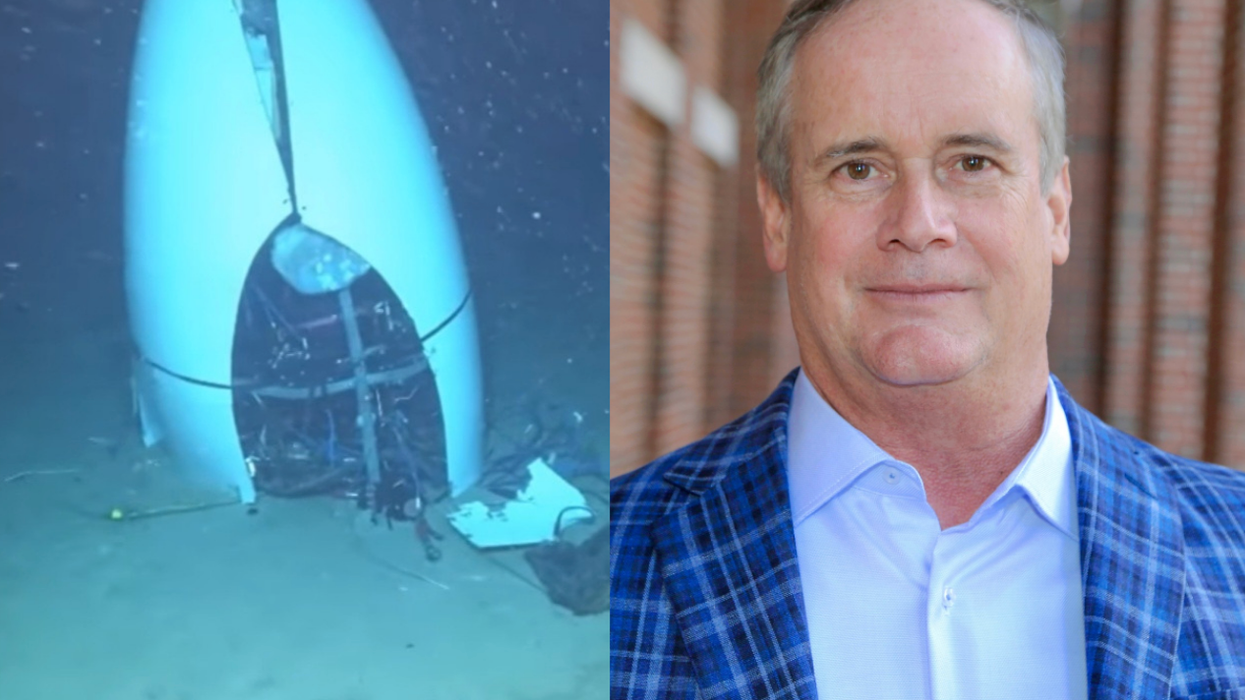

 36 is the magic number.
36 is the magic number. According to one respondendant things "feel more in place".
According to one respondendant things "feel more in place". 
 Some plastic containers.Representational Image Source: Pexels I Photo by Nataliya Vaitkevich
Some plastic containers.Representational Image Source: Pexels I Photo by Nataliya Vaitkevich Man with a plastic container.Representative Image Source: Pexels | Kampus Production
Man with a plastic container.Representative Image Source: Pexels | Kampus Production
 Canva
Canva It's easy to let little things go undone. Canva
It's easy to let little things go undone. Canva
 Photo by
Photo by 
 Teens are waiting longer than at any point in the survey’s history. Canva
Teens are waiting longer than at any point in the survey’s history. Canva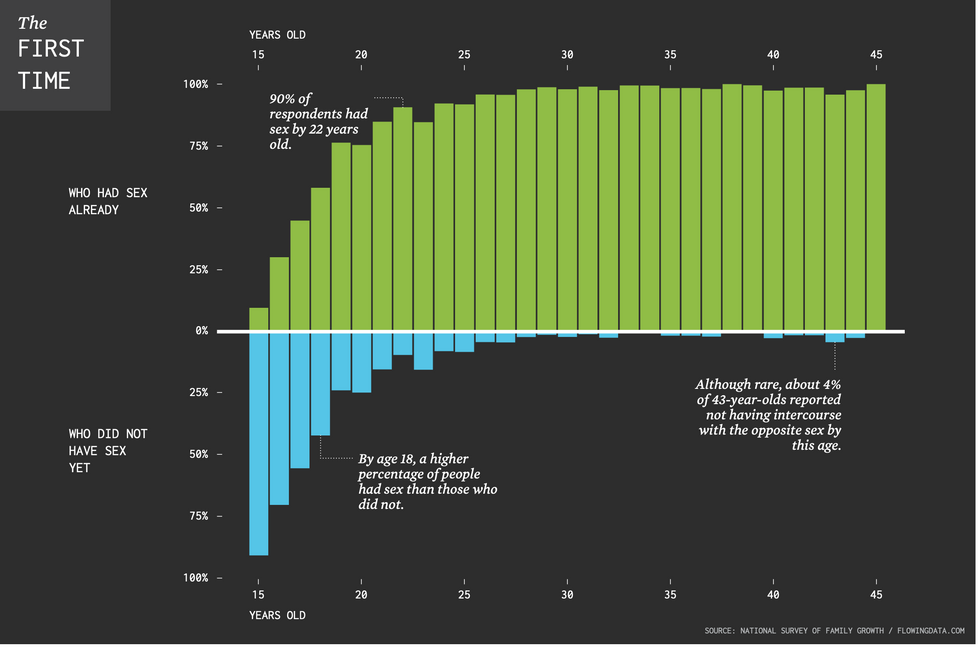 Chart on the age of a person’s first time having sex.National Survey of Family Growth/flowing data.com | Chart on the age of a person’s first time having sex.
Chart on the age of a person’s first time having sex.National Survey of Family Growth/flowing data.com | Chart on the age of a person’s first time having sex.